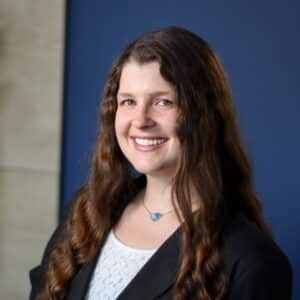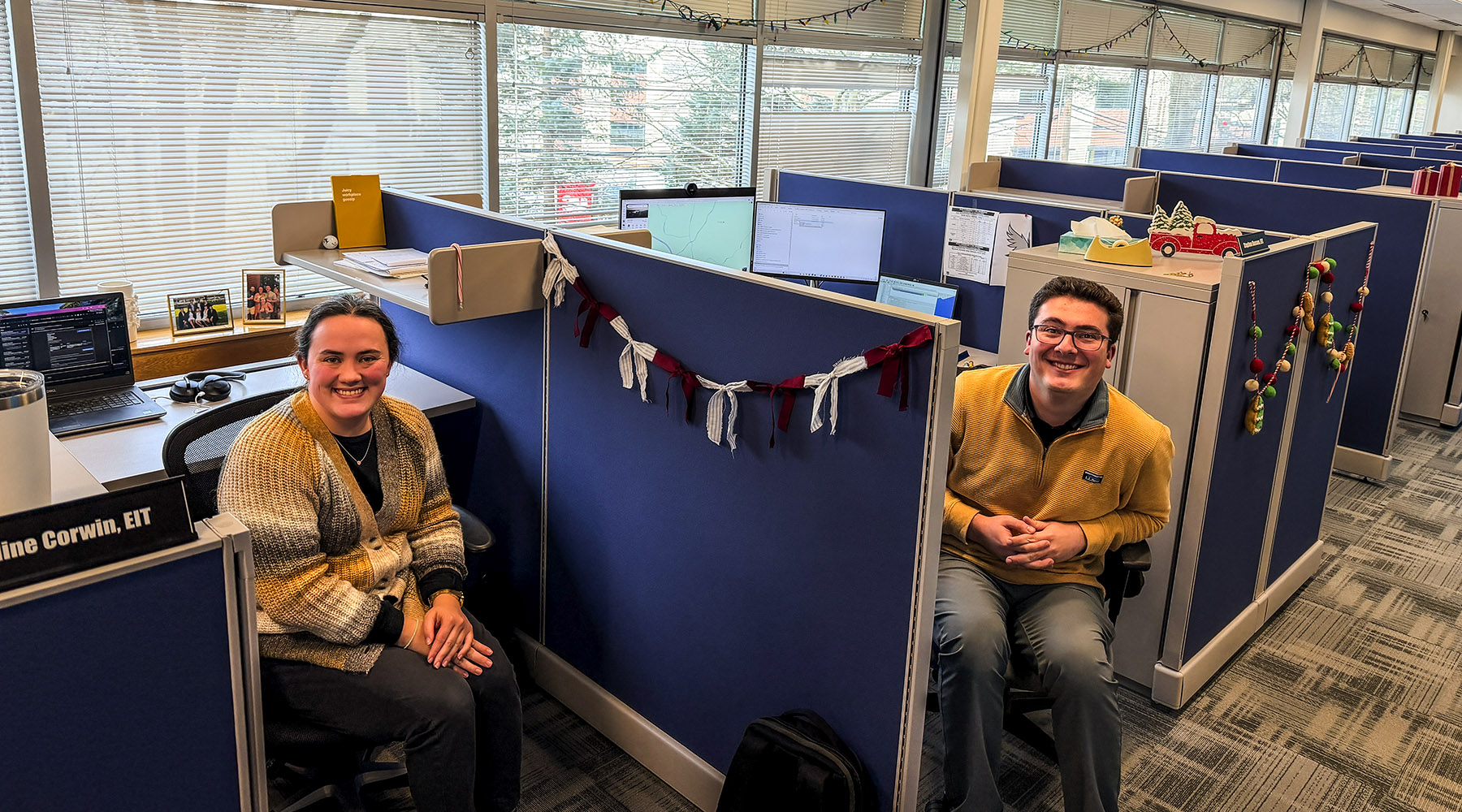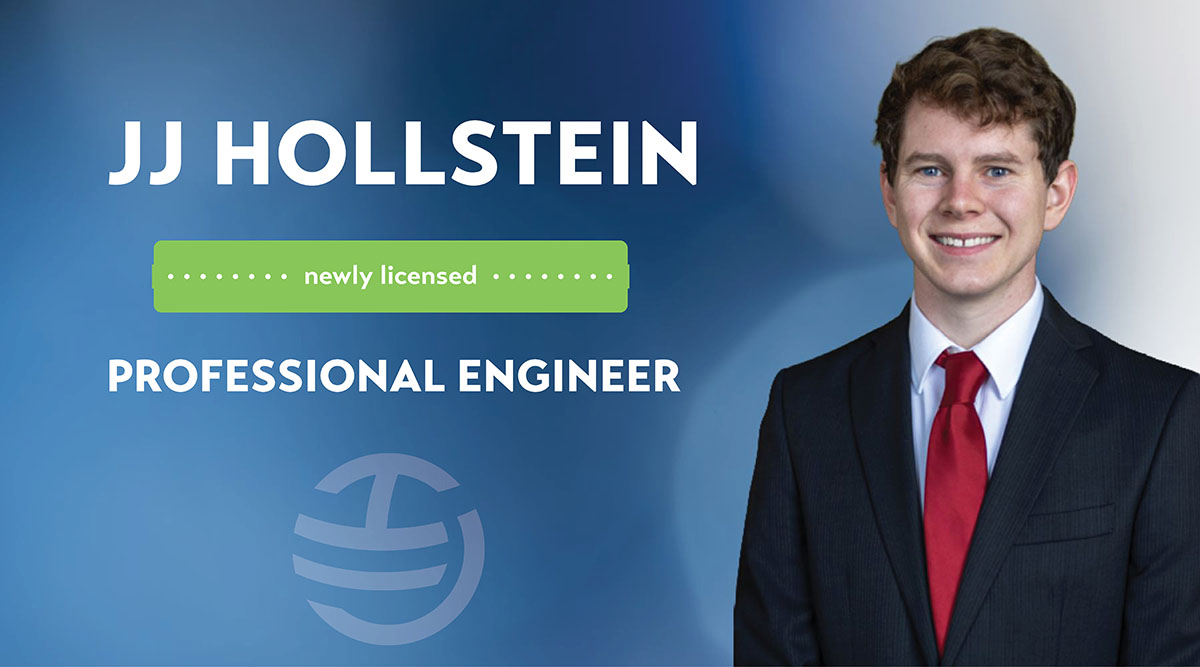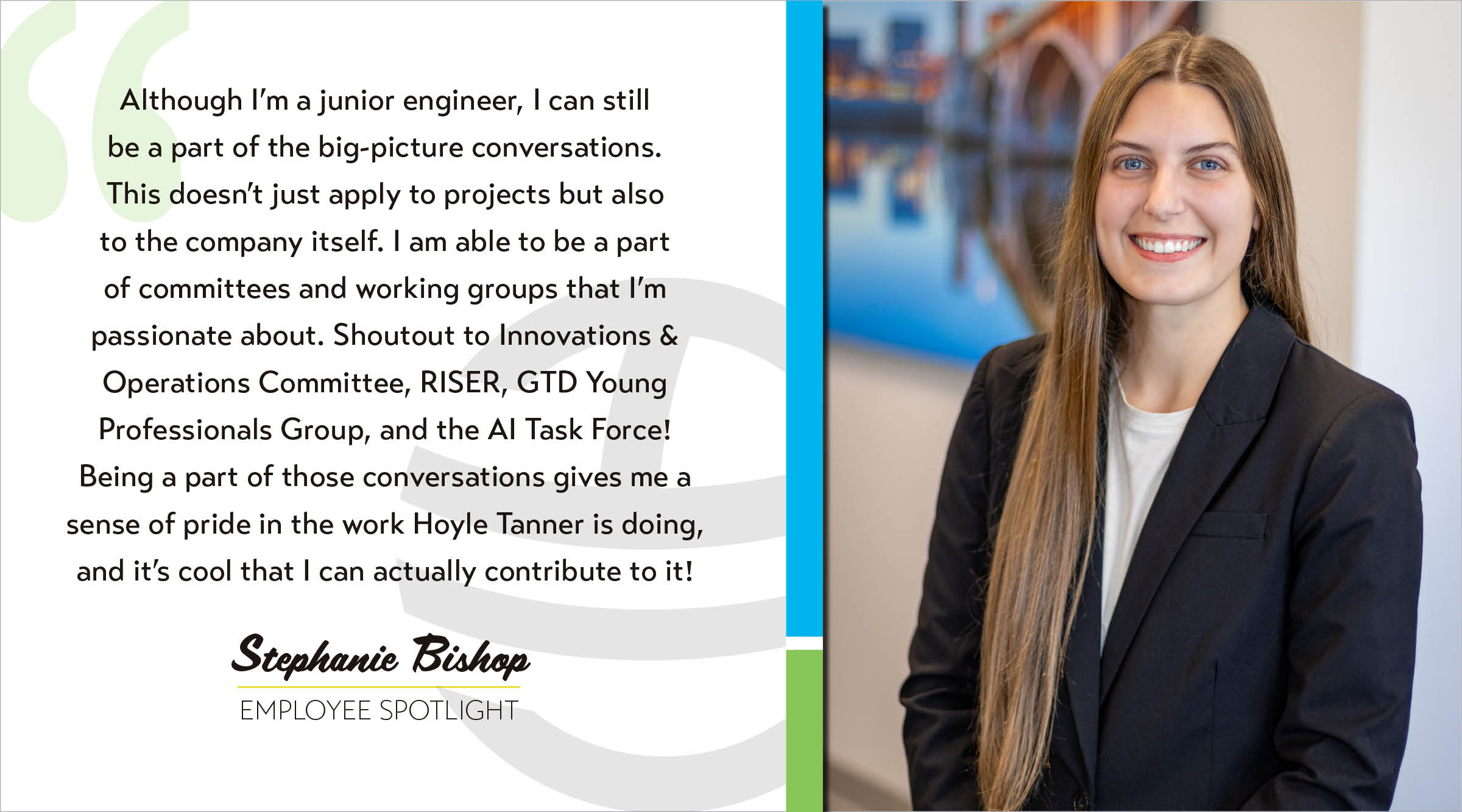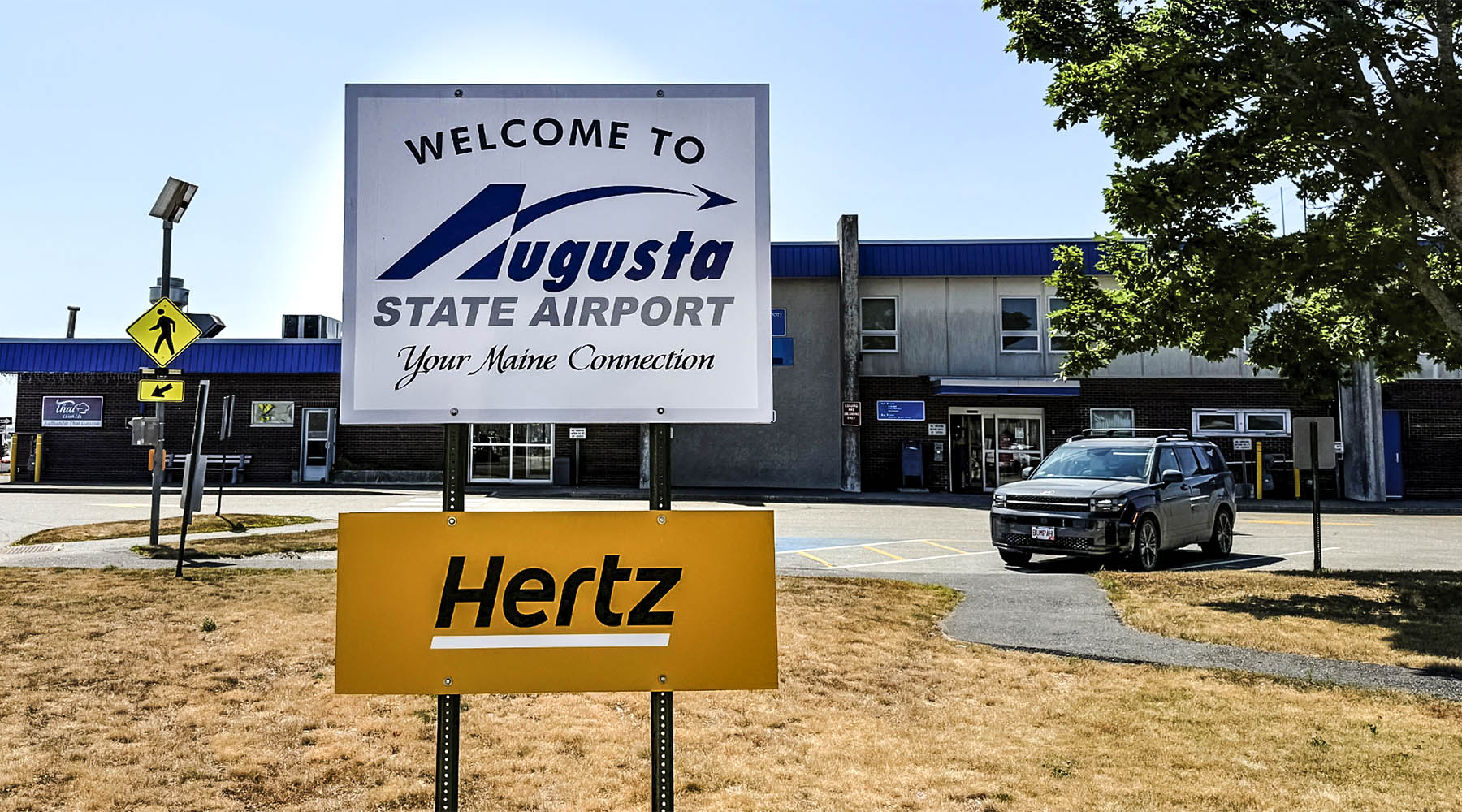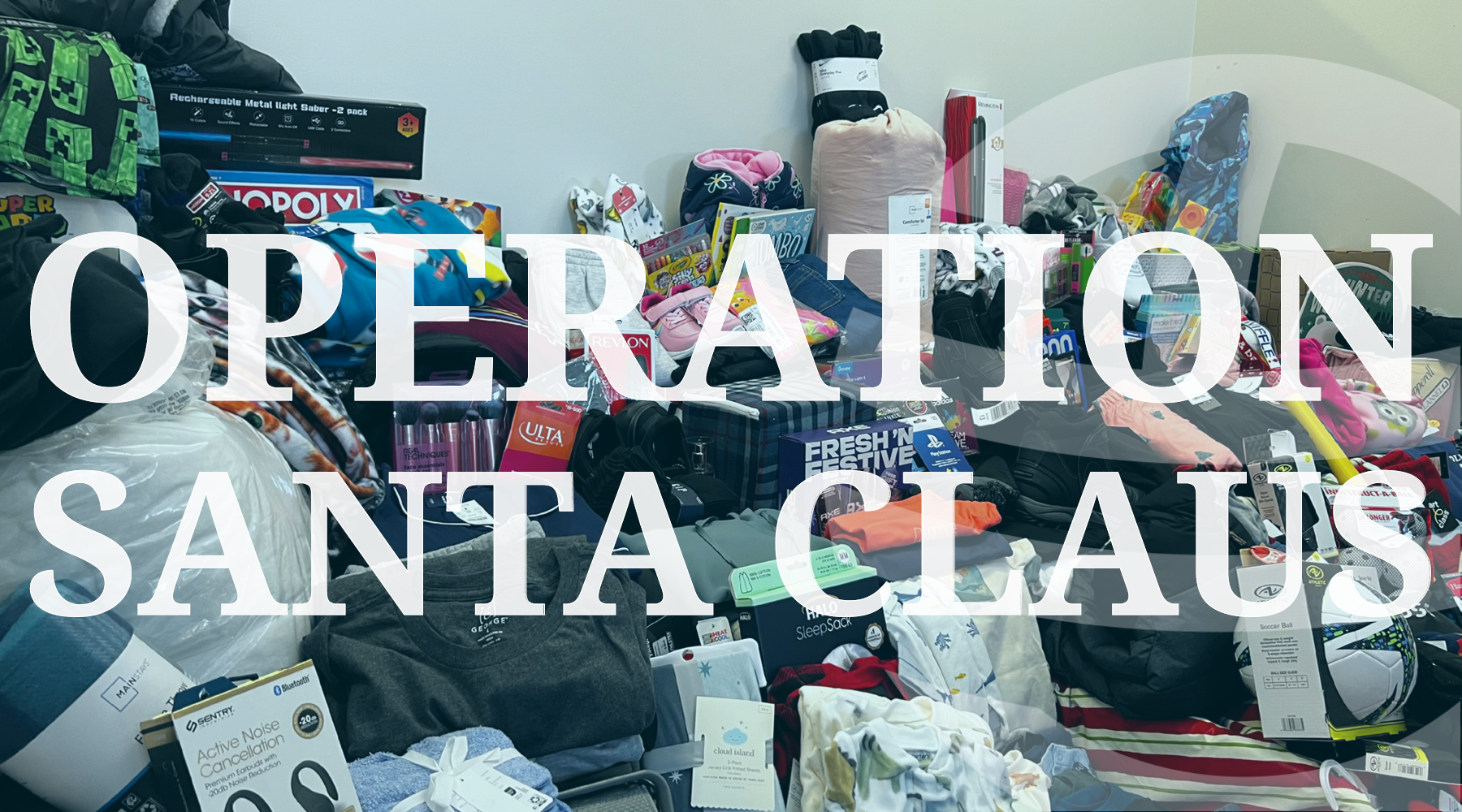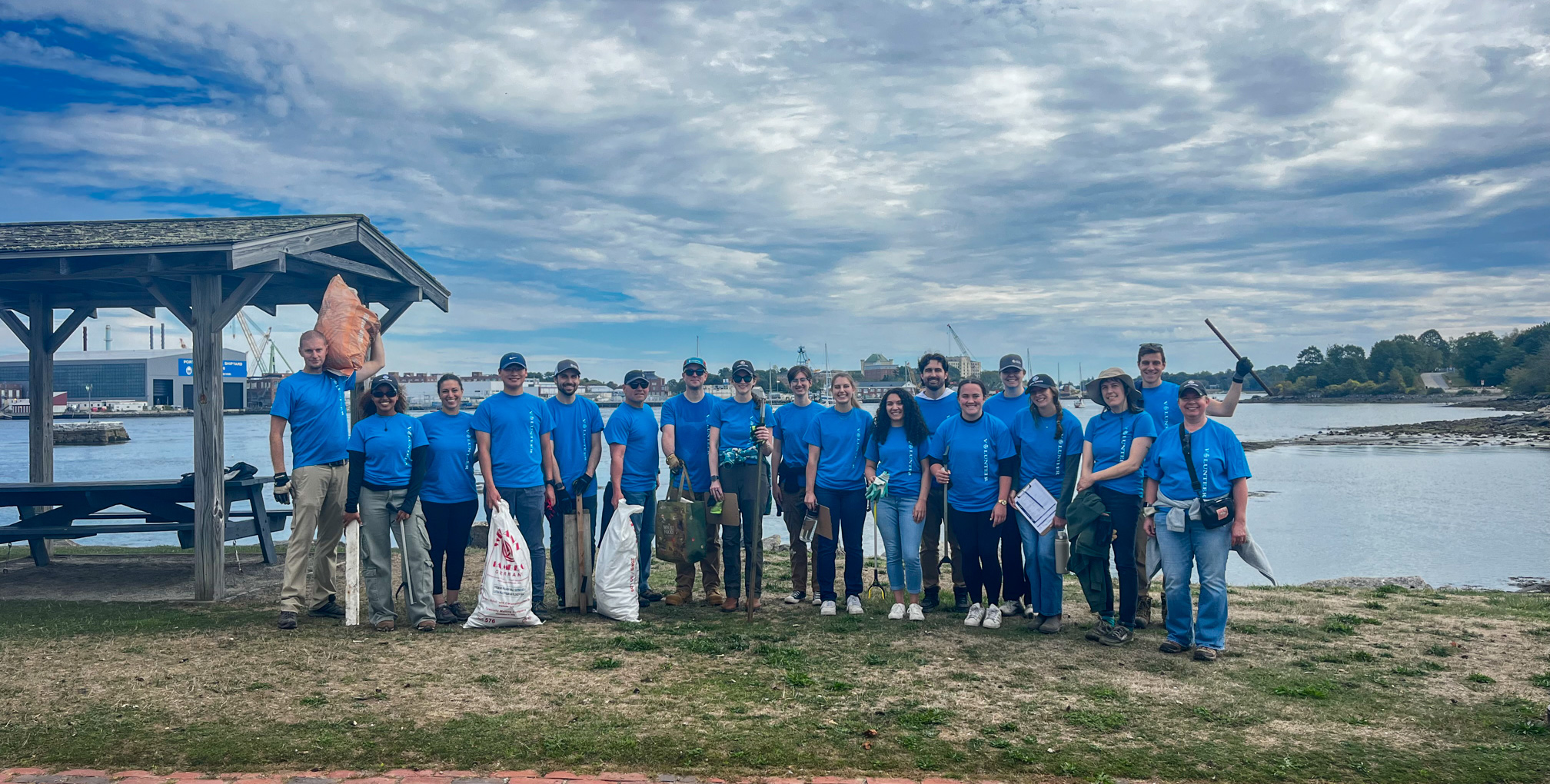This past November, I attended the NCSEA Structural Engineering Summit at the Disneyland Hotel and Conference Center in Anaheim, California. I was able to go because I was awarded a Young Member Scholarship, one of 15 scholarships awarded this year!
At the Summit, I met a variety of people from around the country including other Young Members, senior mentors, vendors for different products and software (including a woman who went to Oyster River High School in Durham, NH and whose parents live right here in Newmarket, NH like me!), and, of course, Disney characters. I connected with multiple Young Members from the Massachusetts Young Member Group (YMG), and we hope to hold a joint event so our members can expand our networks. The Young Members from around the country I met shared their YMG experiences and events that provided me with ideas to bring back to our YMG.
There was an assortment of keynote presentations and educational topics that were well done, and I was able to walk away with something from each one, even if they weren’t directly related to what I work on every day. Presentations ranged from A Perspective on the Future of Consulting Engineers to Limitation of Liability Clauses in Engineering Contracts to Talk Nerdy to Me: Science Not Communicated is Science Not Done about presentation skills. There was an abundance of presentations to choose from during each session and even as a Young Member, there was always something for me; they even had a Young Engineer Track series on Thursday afternoon specially geared towards members 35 and younger.

Talk Nerdy to Me: Science Not Communicated is Science Not Done
During the Talk Nerdy to Me: Science Not Communicated is Science Not Done, presenter Melissa Marshall discussed how we as technical presenters could improve our presentation skills from slide presentation and content, to how presentations are given. One of the points that stuck with me was “bullets kill.” Her point was that you lose the audience’s attention by filling up slide shows with bullets because this overloads the audience with information; they usually cannot read the slide and listen to what you are saying at the same time.
She pointed out that the default PowerPoint slide hasn’t changed since the 1980s and that we all assume that bullets are what make slide effective. She suggests using a single sentence at the top of the slide (the main point you want to get across for that slide) and a visual aid. This would also help narrow down the presentation content to what is important that you want to get across to the audience.
Melissa also pointed out that it’s not only what’s on the slide, but also how you present the information. She showed a video of a statistics professor presenting the trends of life expectancy in various countries; normally people do not find statistics very riveting, but this professor sounded like a sportscaster as he showed the data changing across time and was very easy to pay attention to. Her point wasn’t that we all needed to sound like sportscasters, but to be enthusiastic about what we’re presenting and find a presentation style that really works for us as individuals. I think it’s important for all of us to know how to present to an audience effectively and Melissa’s presentation is applicable to all of our presentations.
Mentor Roundtable: Business Leaders Giving Advice & Perspective
Another session was run a little differently than the presentations: we had a mentor roundtable discussion about business development. This was held in particular for the young engineers at the Summit. We split into small groups of about eight to ten people, and then business leaders came to our tables for a ten-minute discussion. They told us a little about themselves, including how they achieved their positions and roles in their companies, and then we were able to ask them questions. This was very beneficial to see the different career paths they each took, get their advice, and caused us to think about where we want to go in our careers. Do I want to manage other people? Do I want to run my own office? Or even, do I want to own my own business? I’m still not sure exactly where my future will lead regarding these questions, but I’m glad to be thinking about the future and I think it’s important for all young people to think about where they want to be in the future.
Takeaways
The summit allowed for plenty of social events to establish and grow relationships with new members, as well as cultivate those with members you already know. These events also allowed us to celebrate other engineers and everything we do!
When I returned, I participated in the SENH Board Meeting on December 5th with our two Summit Delegates. We provided a lot of information to the Board that we brought back from the Summit.
I highly recommend other SENH Young Members consider applying for a scholarship to attend. The scholarship makes an amazing educational, social, and fun engineering event affordable and you’ll make lasting memories and connections. If you want to know more about my experience, please don’t hesitate to ask!


